Catalina Perdomo Rodriguez
Adviser to the UN in Colombia
After decades of civil war, a peace agreement was reached in 2016 between the Colombian government and the FARC guerrilla. Numerous actors are now involved in the implementation of the agreement. Catalina Perdomo Rodriguez, seconded from FBA to the UN in Colombia, provides expert advice related to the process.
Approximately 13,000 FARC soldiers have been disarmed following the 2016 peace agreement. They now need help to reintegrate into civilian life, and local communities all over Colombia need support to be able to receive them. There is also one remaining active guerrilla, the ELN. Social leaders in parts of the country still touched by violence are badly afflicted. Many different UN agencies are present in Colombia, supporting the nation’s efforts to consolidate peace.
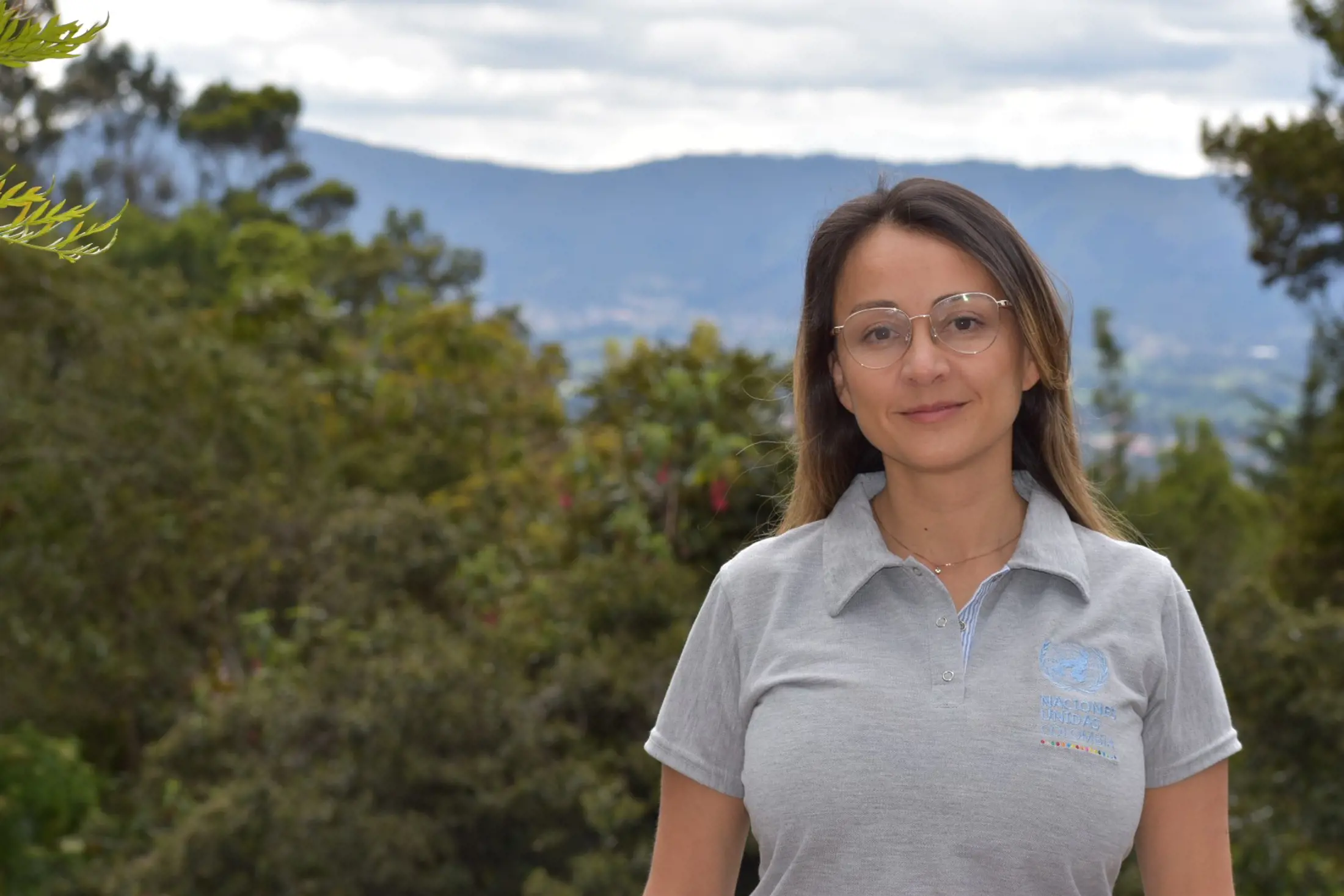
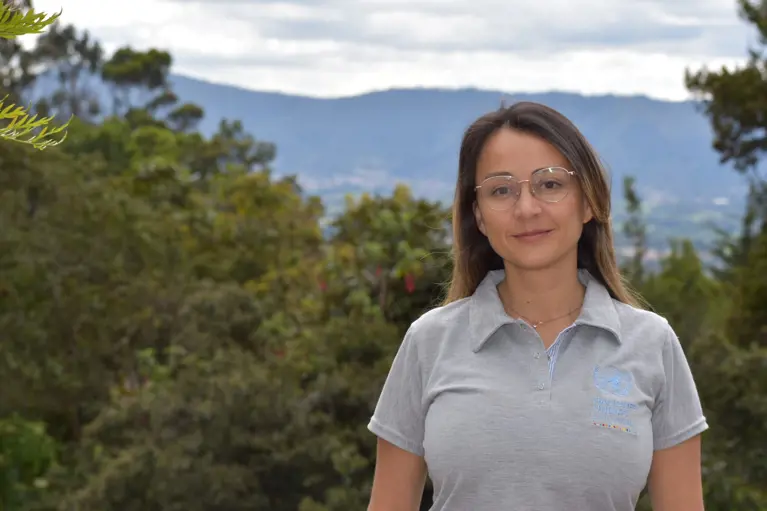
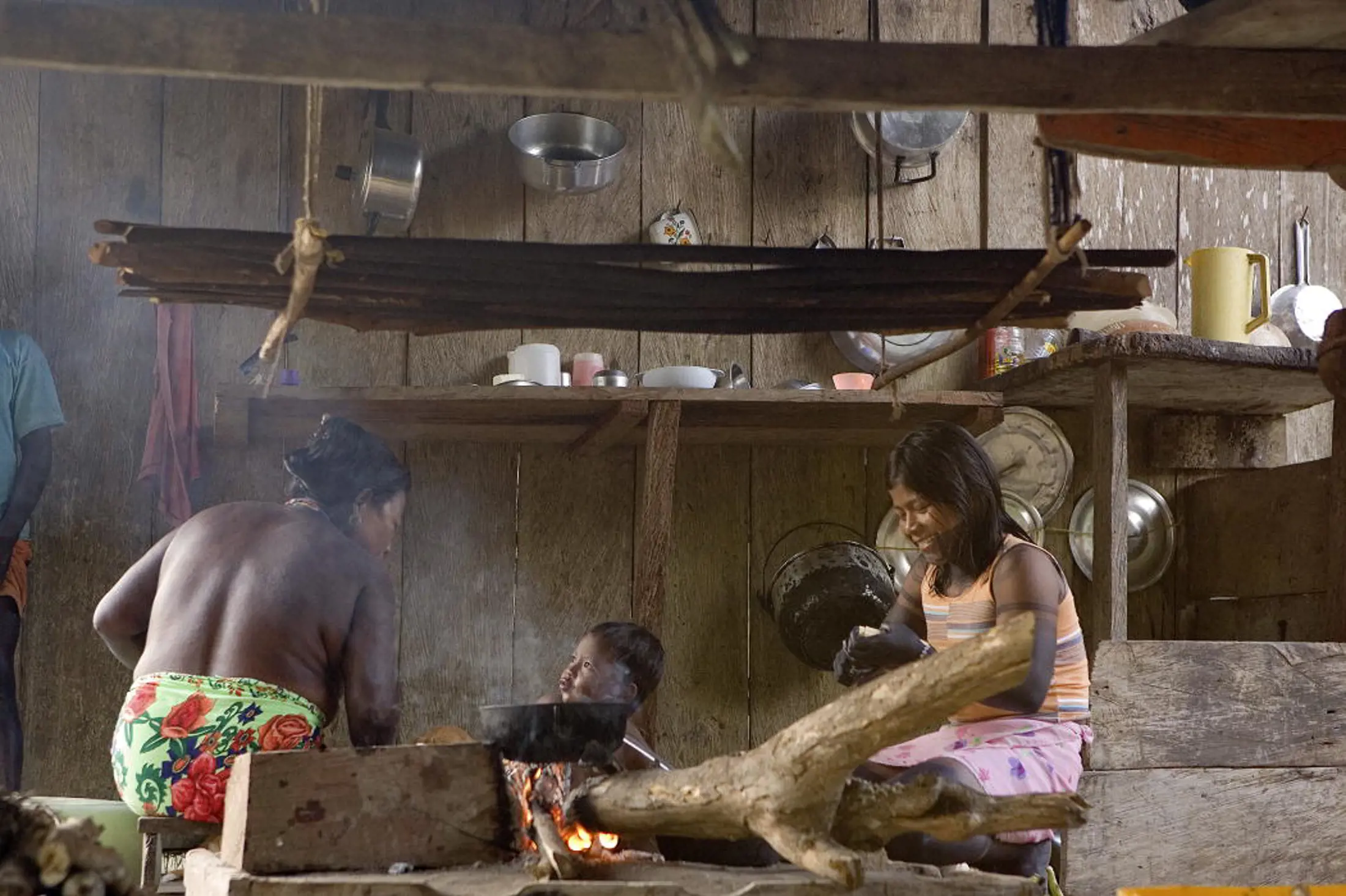
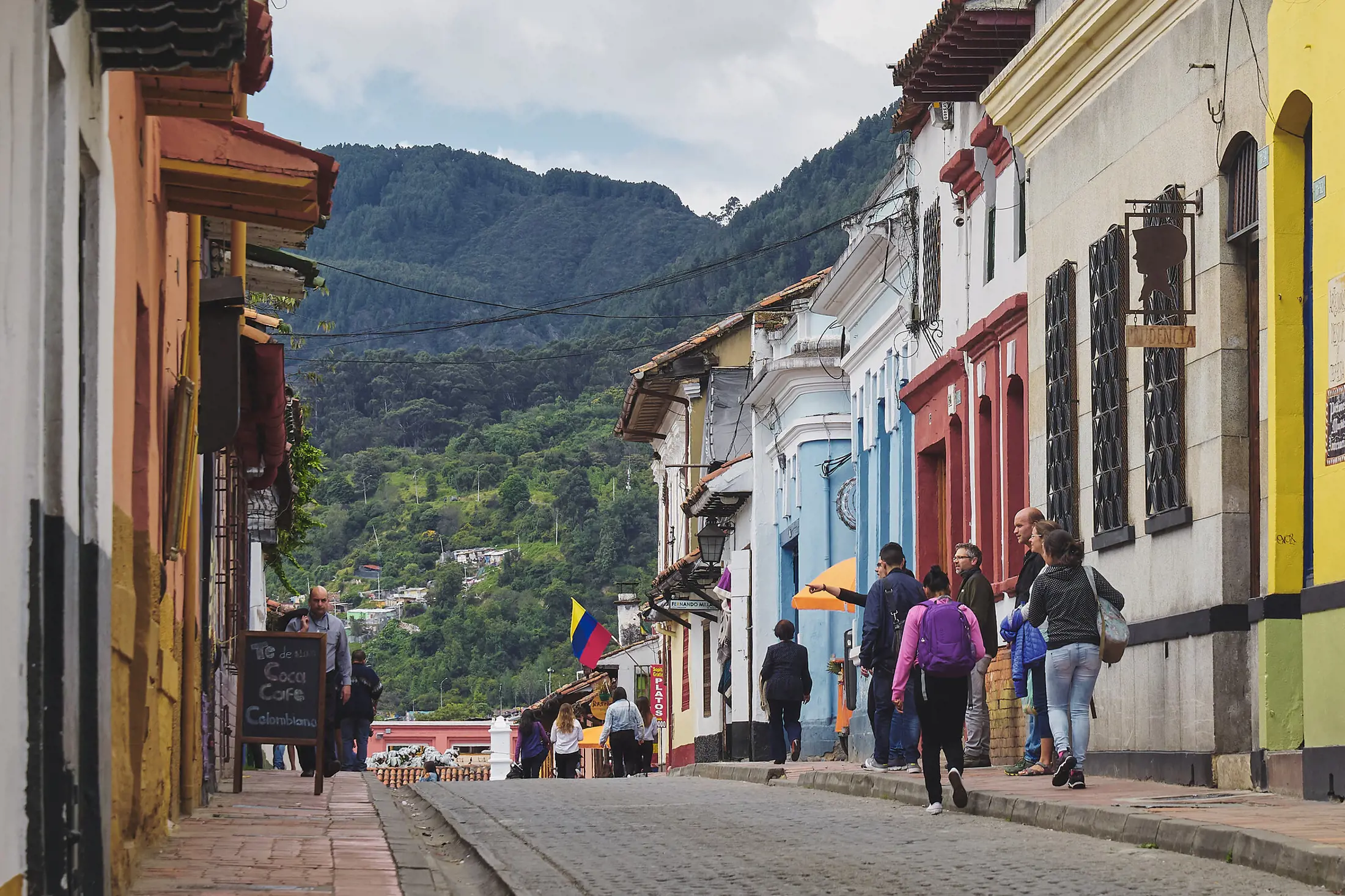
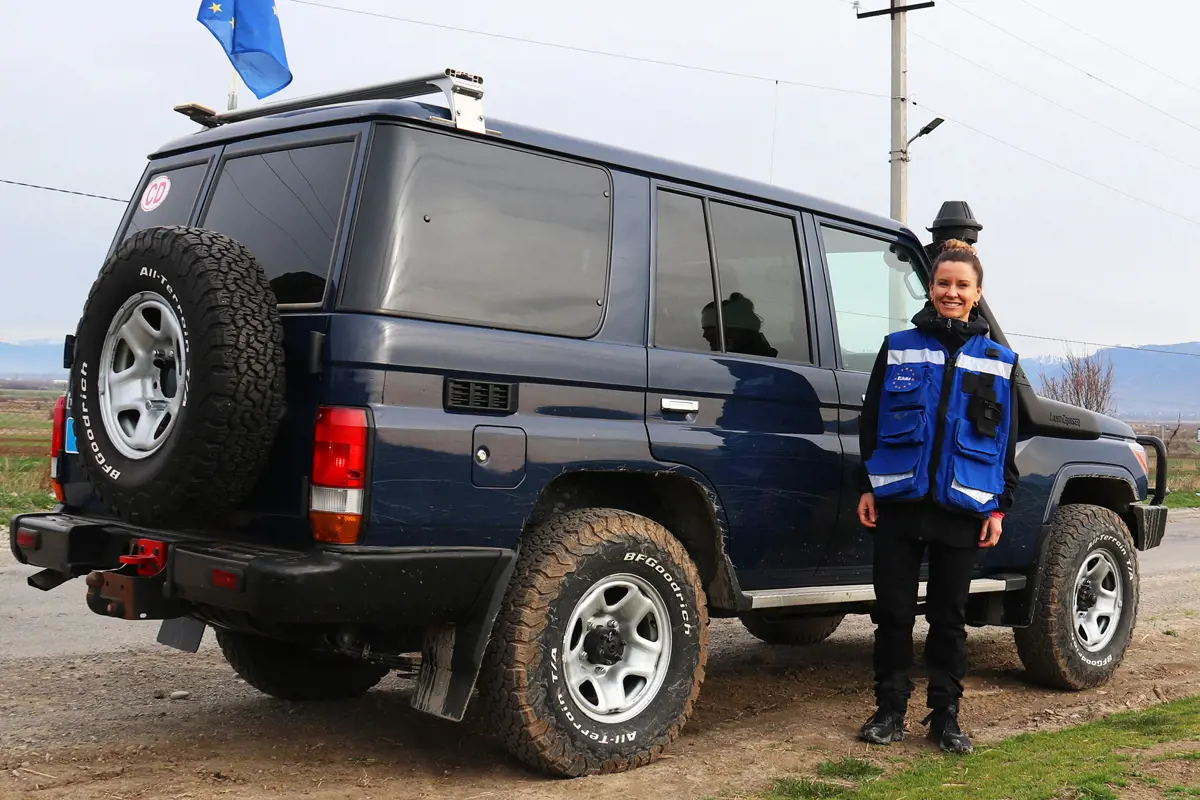
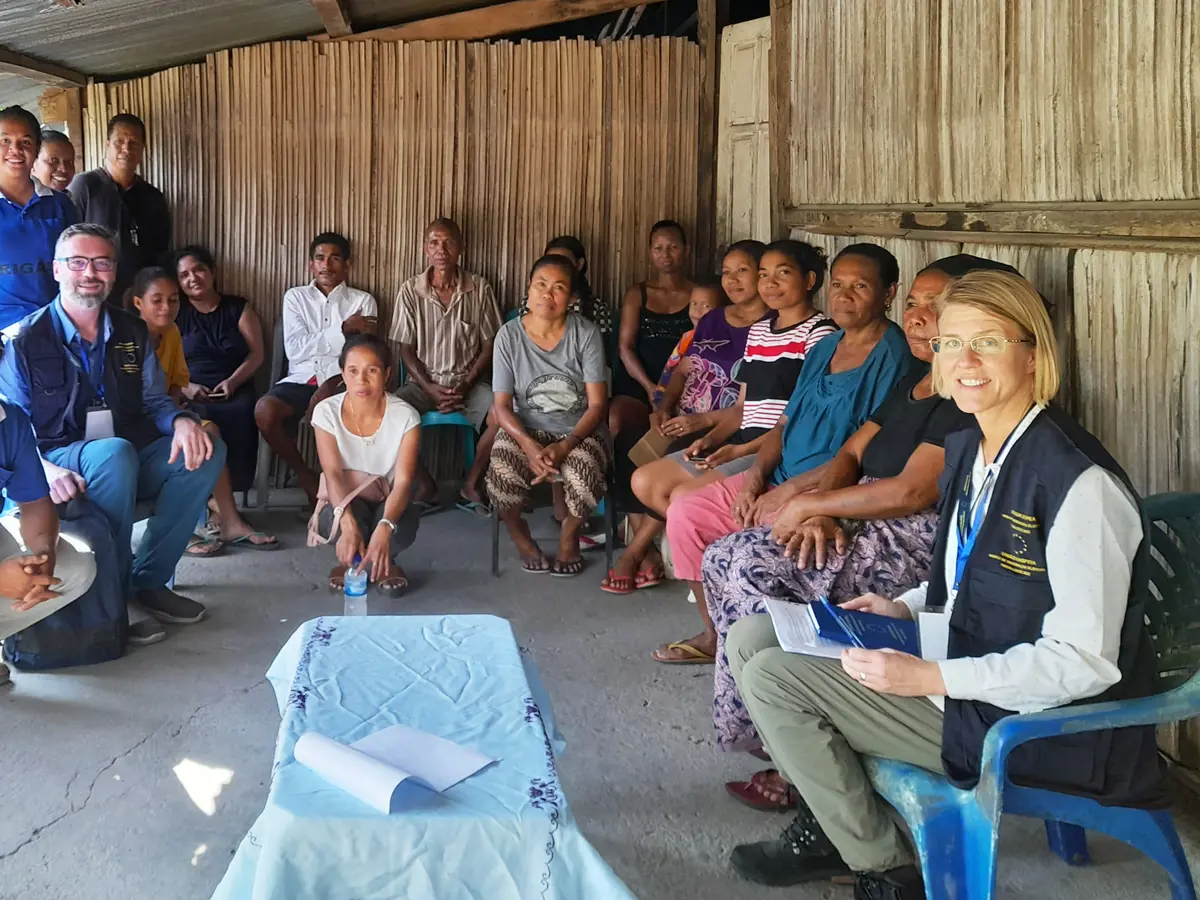
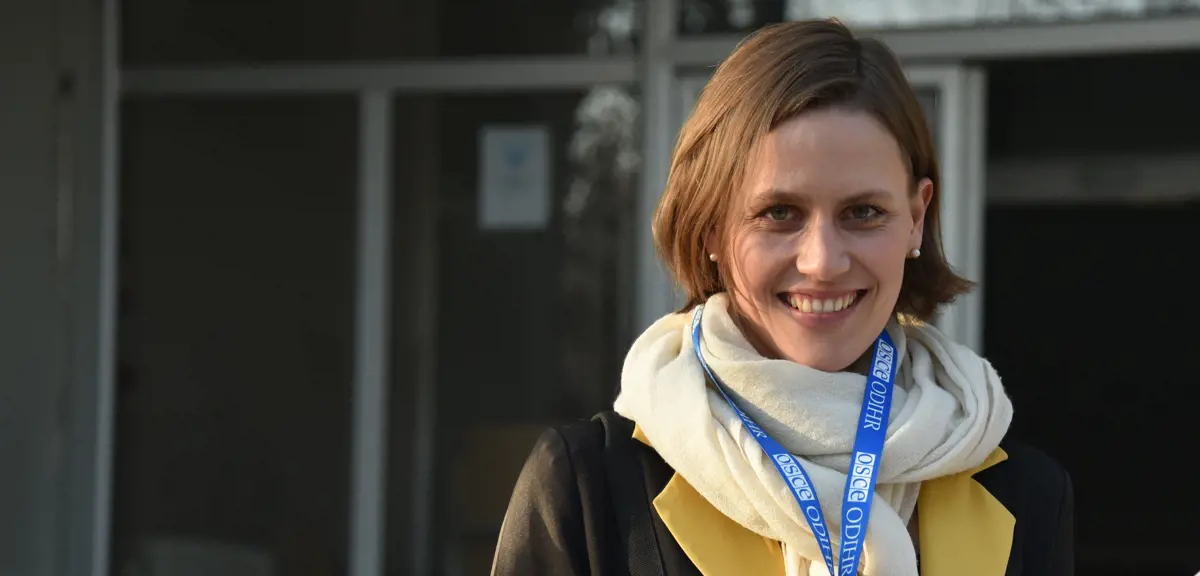
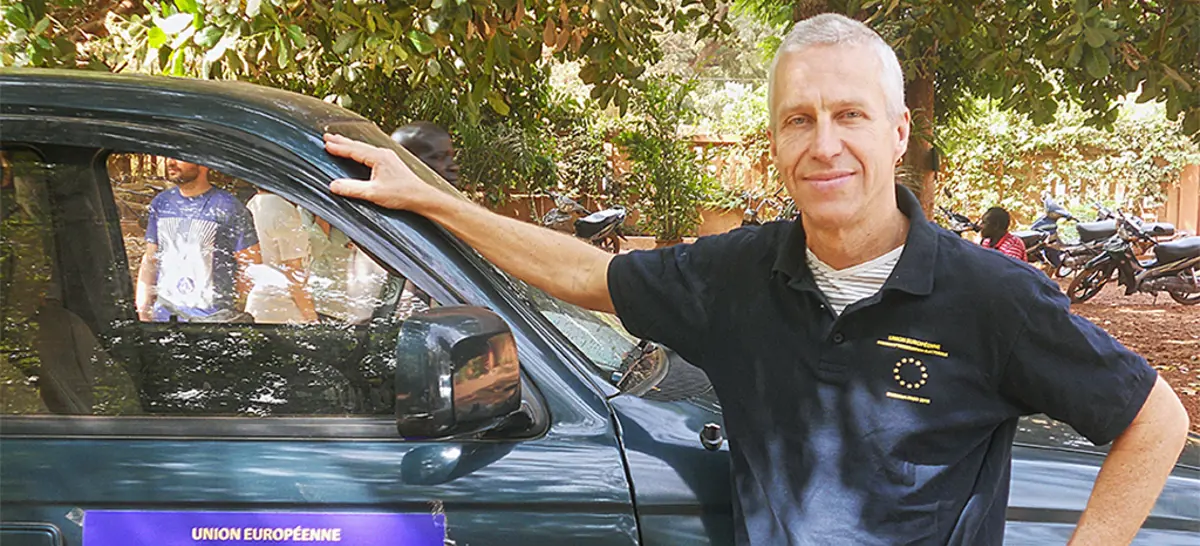
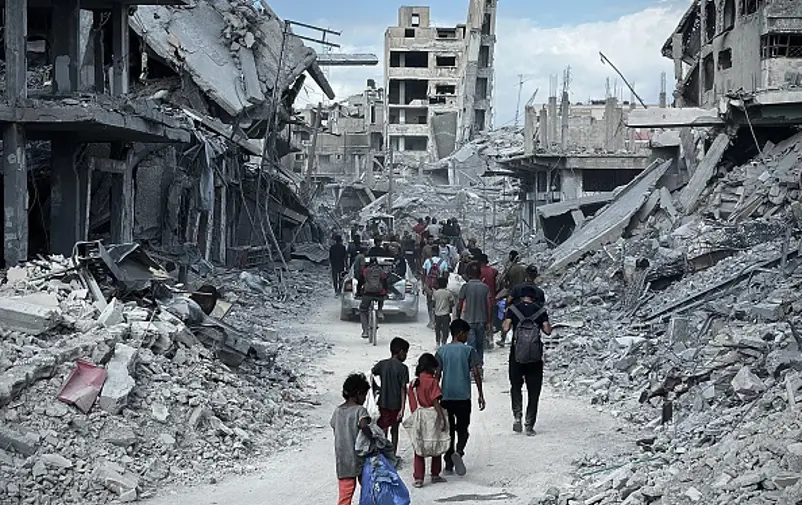






 >
> >
>

